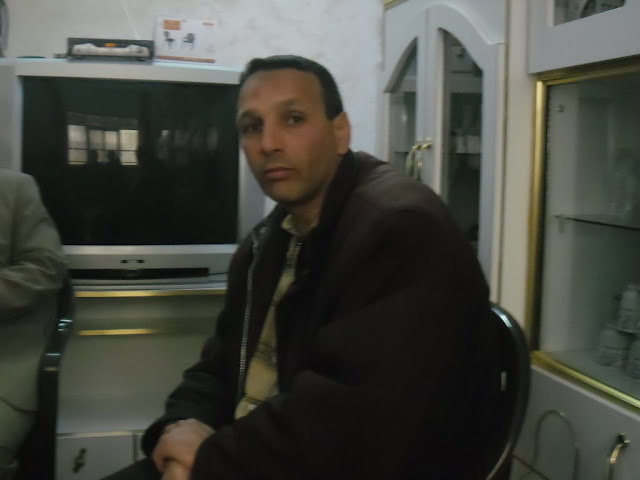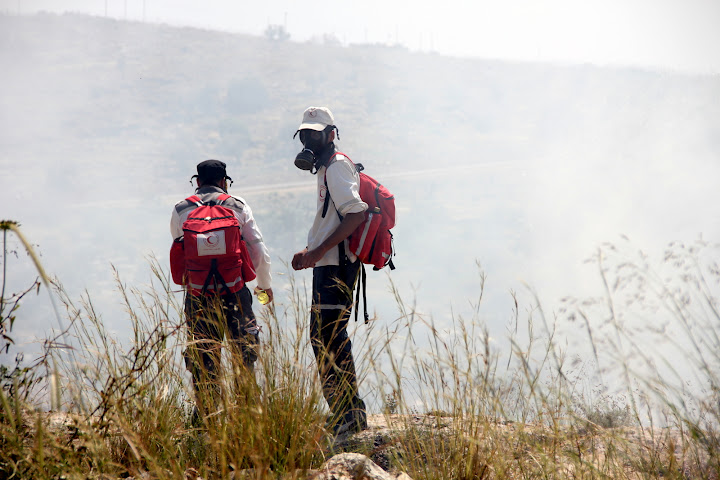Year: 2012
-
Israel opens fire on protesters in Ni’lin: One youth injured by rubber-coated bullet
by Sunny 22 April 2012 | International Solidarity Movement, West Bank The weekly demonstration in Ni’lin on Friday April 20th was relatively quiet compared to previous weeks. Nevertheless, it showed again the disproportionate measures taken by Israeli occupation forces against the Palestinian resistance. The Israeli army propelled skunk spray, tear gas, sound bombs, and rubber-coated…
-
Burin Youth Center targeted once again: 10 youth arrested in 200 soldier raid
by Lydia 21 April 2012 | International Solidarity Movement, West Bank In a quick and clean opperation, the Israeli Occupation Military managed to arrest 10 young men in two hours, forever altering the next few months or even the next years of their life in one swift swoop. At 2 AM on 18 April, around…



